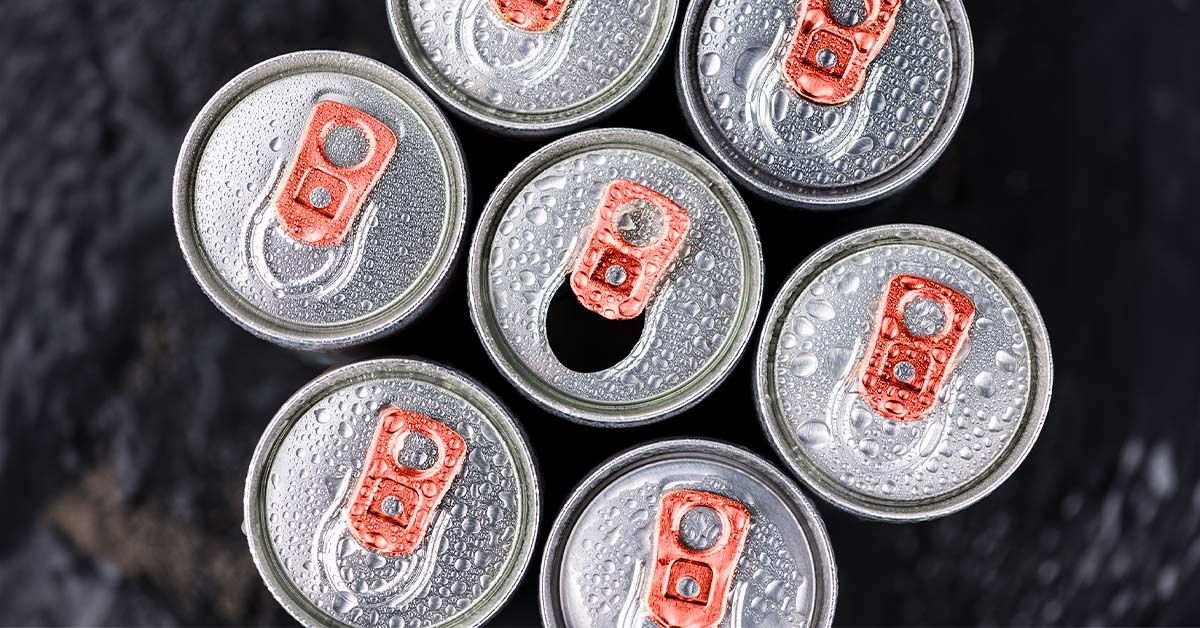Energy drinks have become a popular beverage choice for many people seeking a quick energy boost. However, new research suggests that for individuals with certain genetic heart conditions, consuming energy drinks could pose a small risk of experiencing a life-threatening cardiac event, such as sudden cardiac arrest. The study, conducted by researchers from the Mayo Clinic in Minnesota, looked at 144 sudden cardiac arrest survivors with pre-existing genetic heart conditions. They found that 5% of the participants had consumed energy drinks prior to their cardiac arrest, indicating a potential link between energy drink consumption and cardiac events.
Dr. Michael J. Ackerman, the lead study author, emphasized that while the relative risk is small, patients with genetic heart diseases should consider the risks and benefits of consuming energy drinks. The study results raise concerns about the safety of energy drinks, especially when consumed in large quantities or by individuals with underlying cardiac issues. Taurine and guarana, common compounds found in energy drinks, have been shown to have proarrhythmic effects on heart function, potentially increasing the risk of cardiac events.
The study authors suggest categorizing energy drinks as “arrhythmogenic foods,” which may cause heart arrhythmias. This classification places energy drinks alongside known toxic plants and dietary supplements that produce adverse cardiac reactions. The editorial accompanying the research underscores the need for further investigation into the potential risks associated with energy drink consumption, particularly given the industry’s significant growth in recent years. With the energy drink market valued at $58 billion, the implications for public health could be substantial.
While the study does not definitively prove a causal relationship between energy drinks and cardiac events, the findings highlight the importance of monitoring one’s consumption of these beverages, especially for individuals with genetic heart conditions or a history of cardiac issues. Dr. Majid Basit, an interventional cardiologist, points out that frequent and excessive use of substances like energy drinks and alcohol can contribute to various cardiac disorders, such as heart failure, stroke, and irregular heart rhythms. It is essential for individuals to be aware of potential risks associated with energy drink consumption and to consider their overall cardiovascular health when making beverage choices.
Overall, the study adds to existing concerns about the safety of energy drinks and their potential impact on heart health. While the risk may be low for the general population, individuals with genetic heart conditions or predispositions to cardiac issues should exercise caution when consuming energy drinks. With more research needed to fully understand the relationship between energy drinks and cardiac events, it is crucial for consumers to be informed about the potential risks and to make informed decisions about their beverage choices. The findings underscore the importance of considering individual health factors and seeking medical advice when evaluating the potential risks of consuming energy drinks.










